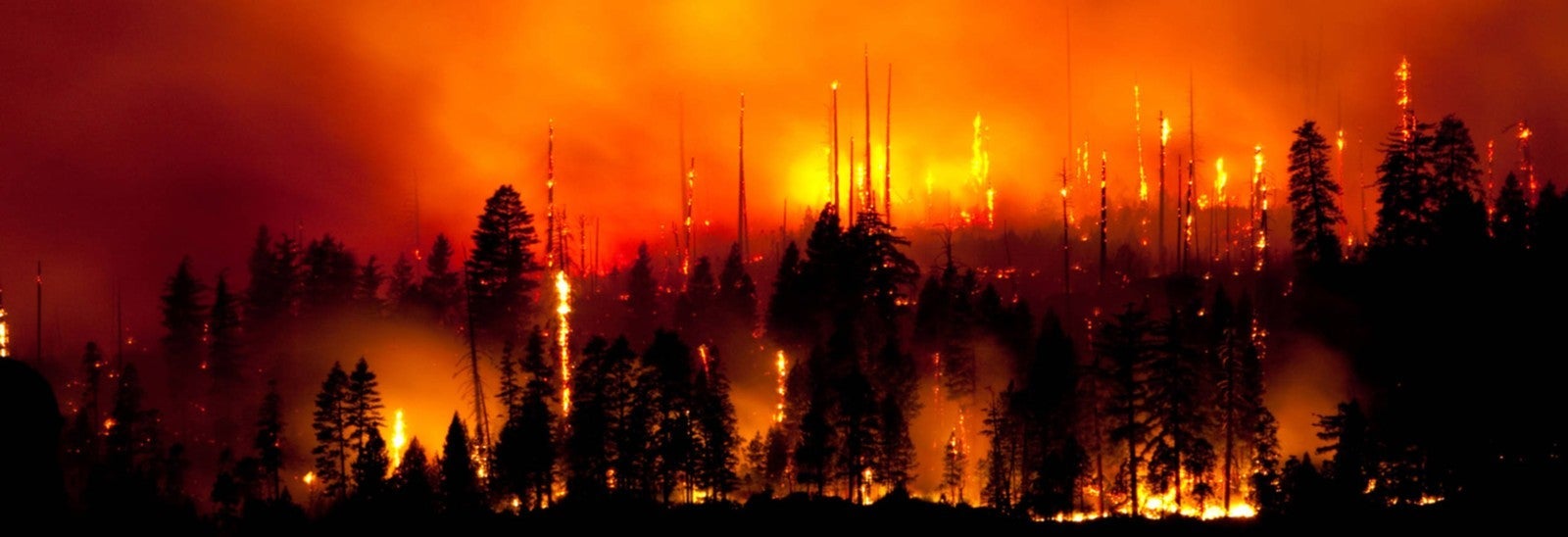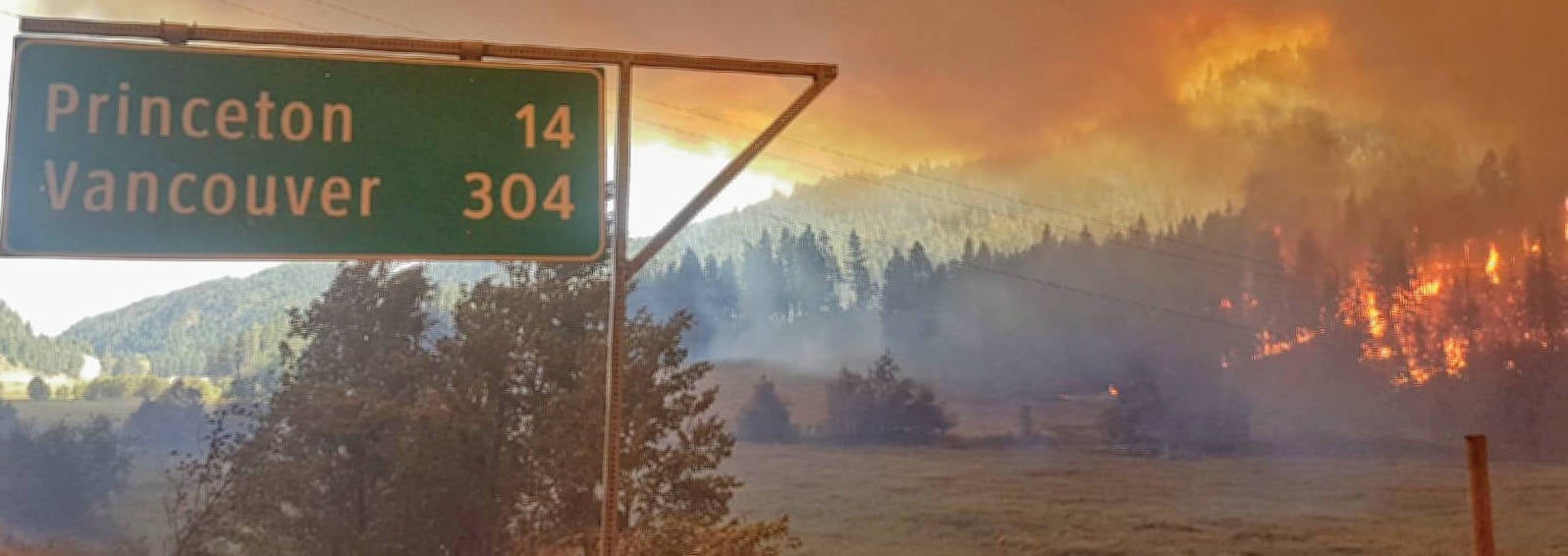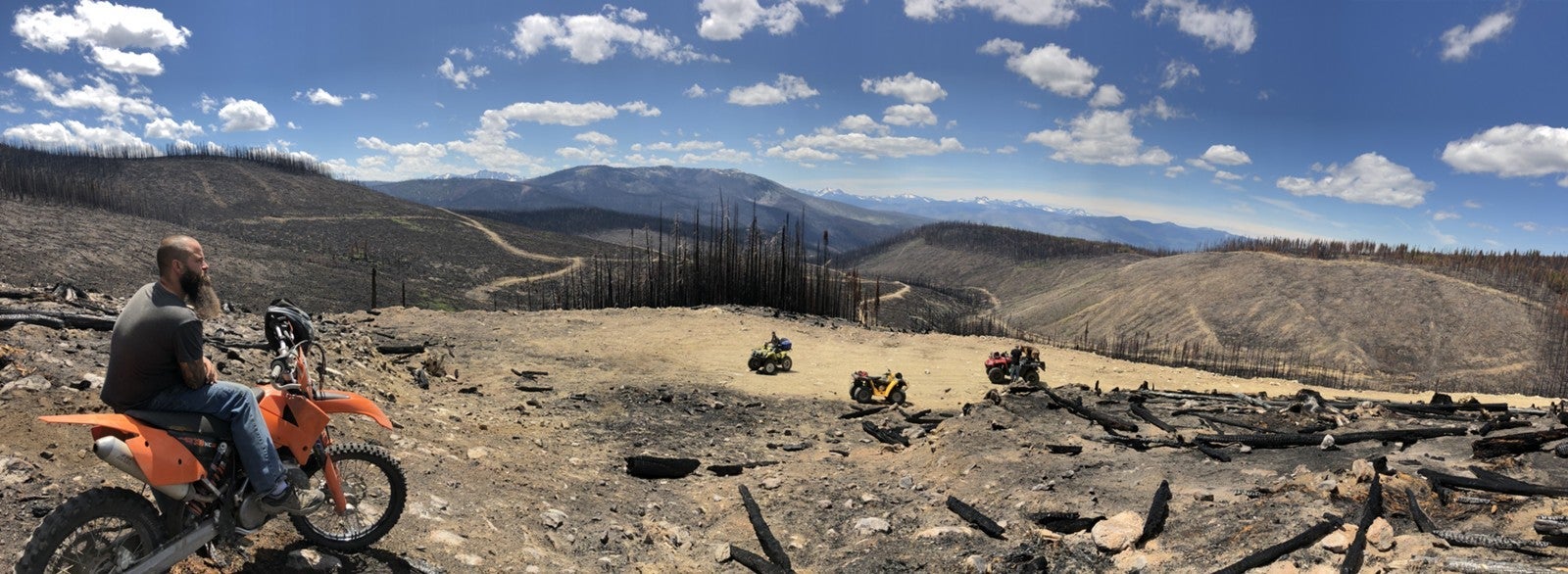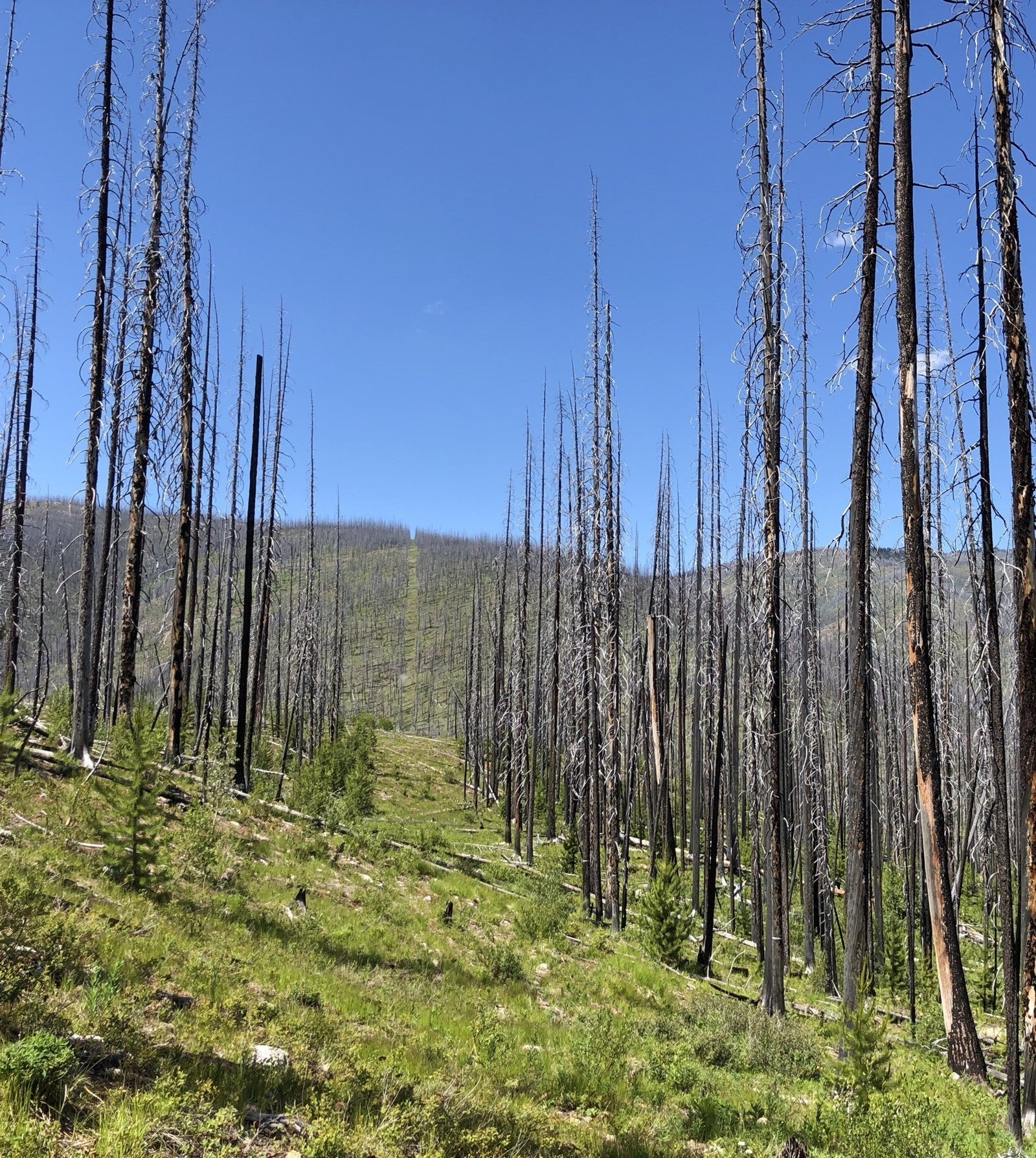
Insurance and Wildfires:
As we move further into summer, the smokey haze has become a common backdrop invading the scenic blue skies over the last few years. As of August 14, 2018 more than 600 active fires were burning throughout BC, with evacuation orders and alerts impacting hundreds of properties. From a real estate perspective, it’s important for consumers to know what they should expect with regard to home insurance for those living in areas affected by a wildfire.First of all, existing insurance policies and renewals aren’t affected. Second, insurance is for unforeseen events. So, when a client’s home is in an area under evacuation alert or order, it’s fair to expect that new insurance policies are unlikely to be approved until the threat eases or the fire has been extinguished. Some insurers may also restrict new policies based on proximity to fires, even when no evacuation orders or alerts are declared. Changes to existing insurance policies, such as requested increases to coverage limits, may also be declined.
Third, insurance for properties in unprotected fire districts is more expensive than in protected fire districts. An unprotected fire district is an area without fire hydrants and a fire department. Buyers who have trouble obtaining insurance should be encouraged to contact several insurance providers, because they have different approaches and criteria.

Highway 5A Wildfire 2017
Buyers:
Consumers should be aware that simply walking in and asking for a quote does not ensure that you will obtain home insurance upon Completion. An insurance policy is usually mandatory for a mortgage to be secured and could delay or void an offer if a buyer is not "bound" to an insurance policy. If the property is tenanted and a buyer has requested for vacant possession, a seller will not give the required two full months notice to vacate unless the buyer has removed all conditions to the offer before hand. The buyer could then be at risk because insurance companies will only "bind" a new policy for 30 days maximum before completion. Where buyers are not able to obtain insurance, they should seek independent legal advice.
While it may seem daunting to purchase a home during wildfire season it is important to have the right professionals advising you along the way so that your real estate purchase is a smooth and stress free experience. REALTORS® can help protect homebuyers by using the Subject to Fire/Property Insurance clause developed by the Real Estate Council of BC.

Devastation from a recent wildfire at Pasayten Valley
Current Homeowners:
The dry, hot weather means an increasing danger of wildfires. These destructive wraths of nature can make your home vulnerable to damage, as we saw the last few summers in British Columbia. As a property owner, you can take steps to protect your property from a wildfire spreading to your land. Below are five ways you can prepare your property and reduce the risk of damage from a wildfire.
- Create a safety zone: Trees, grass and shrubbery are all fuel for wildfires. Minimizing the amount of vegetation surrounding your property will lessen the risk of a fire reaching and damaging your property and possessions. Inspect the land surrounding your property and remove highly flammable vegetation such as pine and fir trees, and keep lawns green and mowed. Move landscaping plants and vines away from the sides of your property. If you’re considering renovations, keep in mind that brick walls, stone patios, and swimming pools act as barriers against flames.
- Assess your roof: Your roof is a resting place for debris buildup. Make sure you clean roof surfaces and gutters regularly to avoid debris, including leaves, needles, twigs, and other flammable materials. While you’re cleaning your roof, check and clean your chimney. Chimneys should be inspected twice a year for accumulation of soot or creosote.
- Be visible to emergency services: Is your home visible to emergency crews in the event there is a fire and you call 911? If not, make sure the address is clearly visible from the road to passersby, and your street sign is fireproof.
- Prepare for the worst: There’s no such thing as too much preparation when it comes to keeping your valuables safe. To minimize damage to your property and possessions in the event of a fire, move your valuables to a safe location outside of your home, such as a safe or deposit box. If you own recreational vehicles such as an RV, boat or collectible car, transport them to a safe location and make sure they’re insured. Furthermore, plan access and evacuation routes. Driveways should be at least 5 meters in width to allow for easy entrance of fire trucks. Also, ensure you have a reliable external water supply to protect your structure and natural areas from fires. A garden hose approximately 30 meters in length or a swimming pool is sufficient for this purpose.
- Ensure your home insurance policy is up-to-date: A wildfire can happen at any time. Always keep your home insurance policy up-to-date and contact your insurance company to find out exactly what is covered. If you own multiple properties, check all insurance policies to ensure that you have sufficient protection against damages.

Additional resources:
Current wildfire information:
Tips and information about fire safety from the Insurance Bureau of Canada:
Information on evacuation orders and alerts from EmergencyInfoBC:
Canada/USA Border
